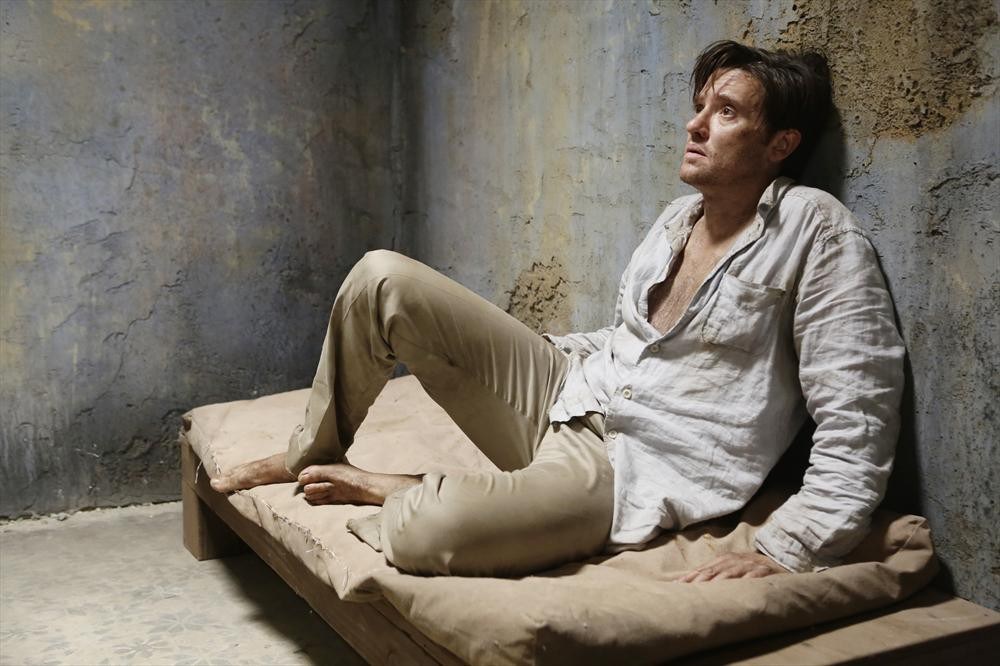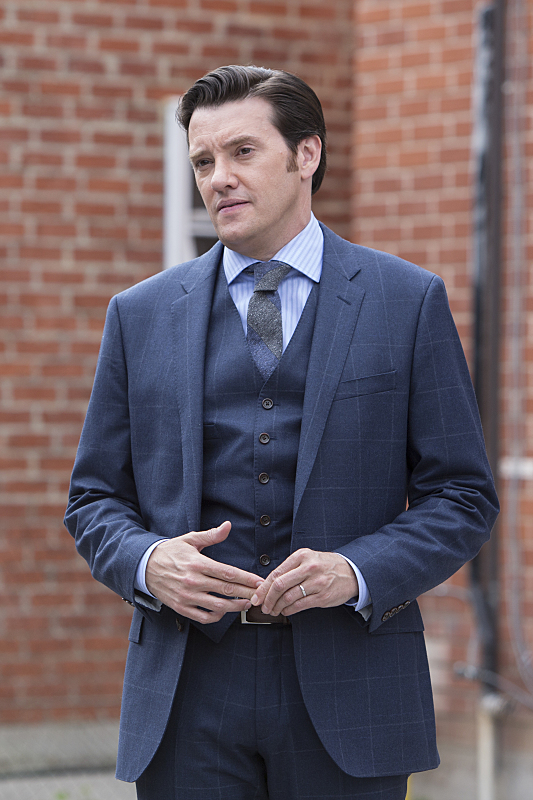While luck can pay off, hard work is a more reliable source of continued success. Take for example Patrick Sabongui, who in the last year alone has starred in Firefly Lane, Shameless, and The Flash, a series that he has been active with since Season 1, playing Chief David Singh. But working on camera is not the only hustling the Montreal-born actor is doing day-to-day. Actively developing projects of his own, Sabongui has established a production company, Life Force Films, and has some exciting things in the works, which he shared with us in our latest seven question session.
Featured Image By: Chris Singer


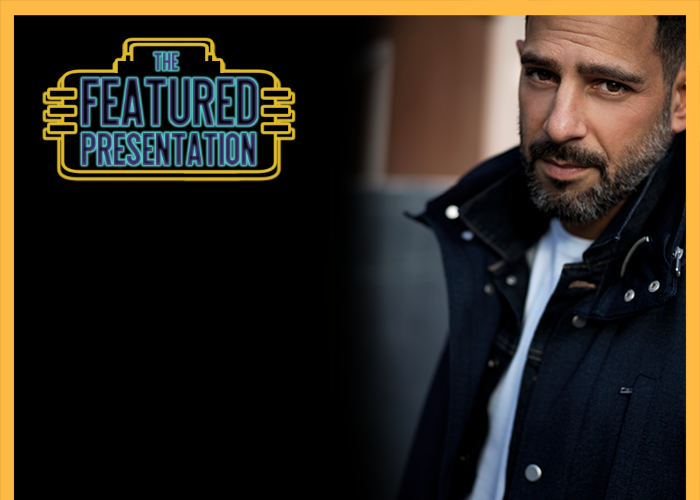
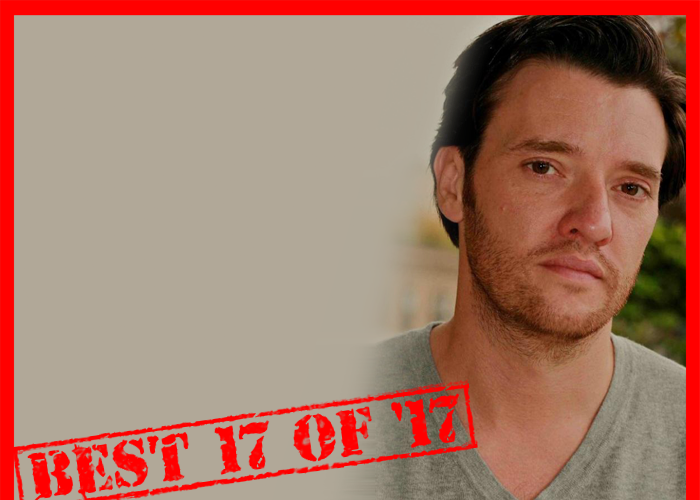


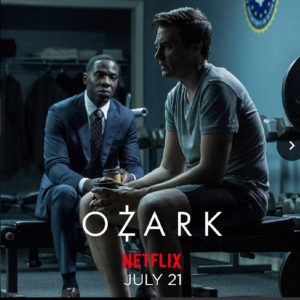 TrunkSpace: It felt very reminiscent of early Coen Brothers, like “Miller’s Crossing.”
TrunkSpace: It felt very reminiscent of early Coen Brothers, like “Miller’s Crossing.”